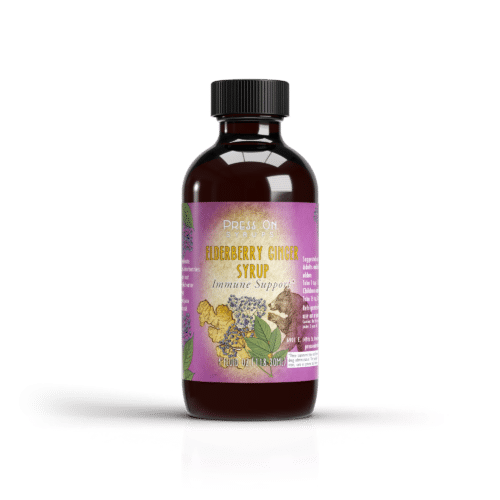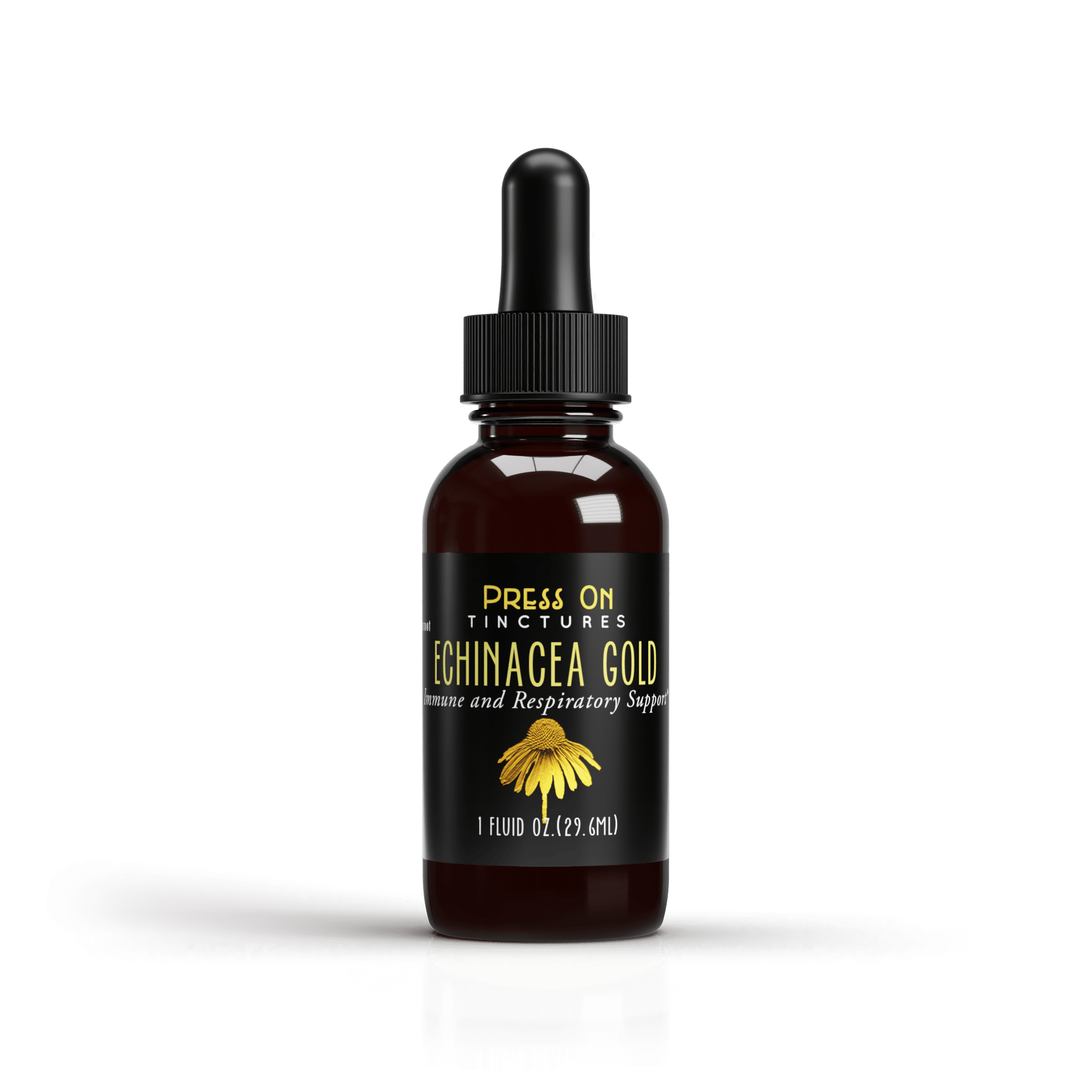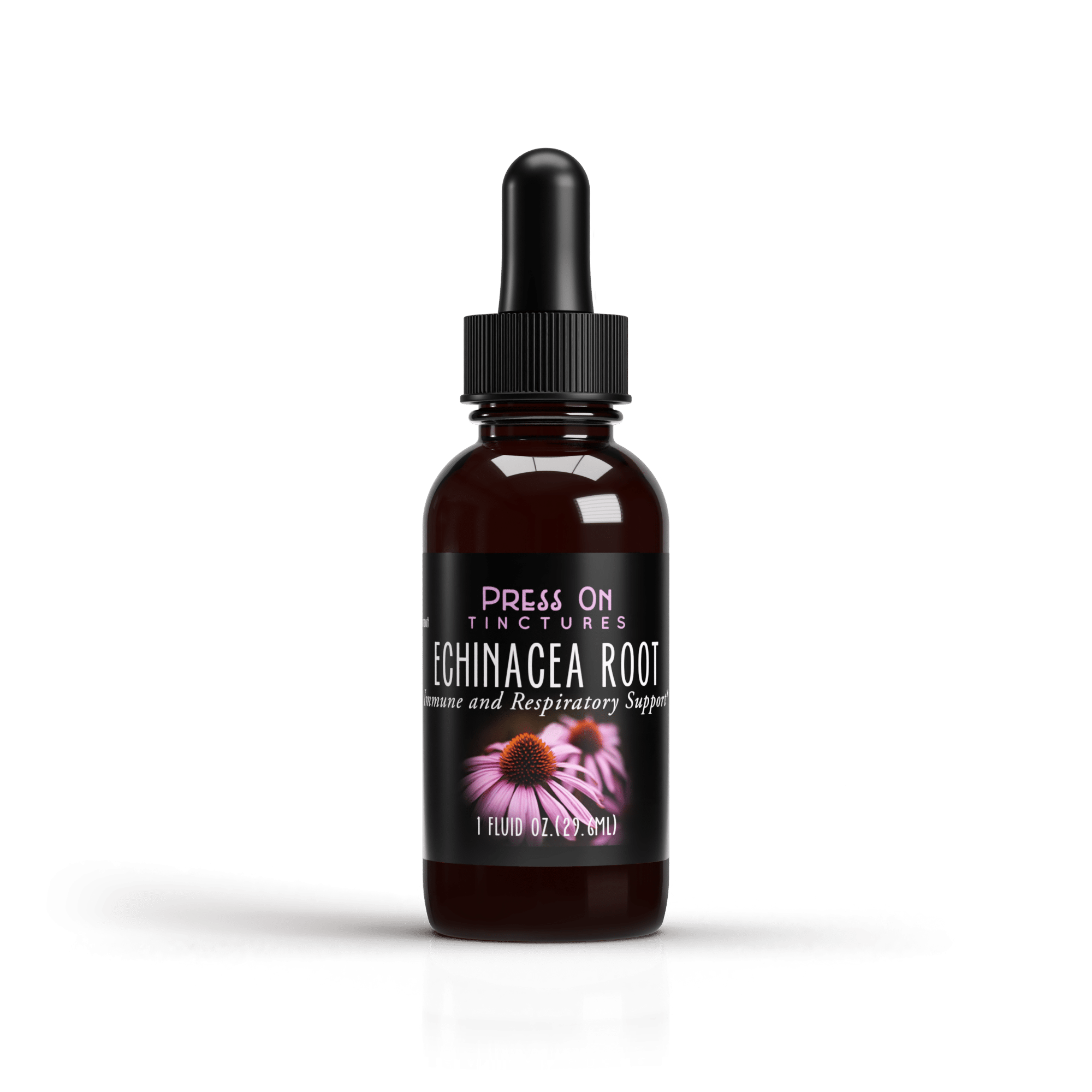Breathing and Seasonal Support
Made with the highest quality organic extracts, with wild-crafted and organic herbs, for the highest in discerning quality. Please explore and reach out to us with your questions and suggestions.
Herbs that Help with Breathing and Seasonal Support
Herbal lung support refers to the use of plants and their extracts to enhance respiratory health. These herbs often contain properties that can help clear congestion, reduce inflammation, and improve overall lung function. Many people are turning to herbal remedies as they seek natural ways to complement traditional treatments. Whether you’re dealing with seasonal allergies, asthma, or just looking to maintain healthy lungs, certain herbs can offer natural support. Moreover, the use of these herbs can be a proactive approach to maintaining respiratory health, potentially reducing the severity and frequency of respiratory challenges.
Why Consider Herbs for Breathing Support?
Herbs have been used for centuries across various cultures to improve respiratory health. Ancient civilizations relied on these natural remedies long before the advent of modern medicine, and their efficacy has been proven over time. They can offer a natural and holistic approach to supporting lung function without the side effects associated with some over-the-counter medications. Many of these herbs possess anti-inflammatory, expectorant, and soothing properties that make them ideal for promoting respiratory health. Furthermore, the use of herbs can be a sustainable option, often requiring fewer resources to produce compared to pharmaceutical drugs.
Top Herbs for Lung Support
1. Mullein
Mullein is a popular herb known for its ability to support the respiratory system. Its leaves and flowers contain compounds that act as expectorants, which help in clearing mucus from the lungs and soothing inflamed respiratory tissues. The herb’s gentle nature makes it suitable for long-term use, providing ongoing support for chronic respiratory conditions.
- How to Use: Mullein can be consumed as a tea or taken as a tincture. To make mullein tea, simply steep dried mullein leaves in hot water for 10-15 minutes. For those preferring tinctures, a few drops can be added to water or juice, providing a convenient alternative to tea.
2. Peppermint
Peppermint is another well-known herb that can aid in respiratory health. The menthol in peppermint acts as a natural decongestant, helping to break down mucus and making it easier to breathe. Its cooling properties provide instant relief, making it a popular choice during respiratory distress.
- How to Use: Peppermint can be enjoyed as a tea, inhaled as an essential oil, or added to a steam inhalation. When used as a tea, peppermint can also aid in digestion, providing dual benefits. For respiratory relief, adding a few drops of peppermint oil to a diffuser can fill a room with its invigorating aroma.
3. Eucalyptus
Eucalyptus is famous for its ability to clear the airways and is commonly found in many over-the-counter cough drops and rubs. It has anti-inflammatory properties that help reduce swelling in the respiratory tract, making it easier to breathe.
- How to Use: Use eucalyptus oil in a diffuser or add a few drops to a steam inhalation for relief from congestion. A few drops can also be added to a warm bath for a soothing respiratory experience. For topical application, eucalyptus oil can be mixed with a carrier oil and applied to the chest.
4. Thyme
Thyme is not only a culinary herb but also a powerful ally for lung health. It has antiseptic and antibacterial properties, making it effective against respiratory infections. Thyme can help in reducing symptoms of bronchitis and other respiratory conditions by fighting off pathogens.
- How to Use: Thyme can be brewed into a tea or used as a steam inhalation to help clear the lungs. Adding thyme to soups and stews is another way to incorporate its benefits into your diet. A thyme-infused oil can be used for massages, especially during cold seasons.
5. Ginger
Ginger is a warming herb that can support the respiratory system by reducing inflammation and breaking down mucus. Its spicy nature stimulates circulation, which can enhance the clearing of respiratory passages.
- How to Use: Fresh ginger can be steeped in hot water to make tea, or it can be added to various dishes for an added health boost. Ginger can also be combined with honey and lemon for an effective cough remedy. For those who prefer supplements, ginger capsules are available as an alternative.
Seasonal Support with Respiratory Health Herbs
The changing of seasons can bring about respiratory challenges, such as allergies and colds. Temperature fluctuations and increased exposure to allergens can trigger respiratory issues, making it crucial to support your respiratory system during these times. Incorporating herbs into your routine can help ease these transitions and support your respiratory system.
Spring and Summer
During spring and summer, allergens like pollen can trigger respiratory issues. Herbs such as nettle and elderflower can provide relief by reducing allergic reactions and soothing the respiratory tract. These herbs can help modulate the body’s response to allergens, minimizing symptoms like sneezing and congestion.
- Nettle: Acts as a natural antihistamine and can be taken as a tea or in capsule form. It can also be used in salads and soups, providing a nutritious addition to your diet.
- Elderflower: Helps clear nasal passages and can be used in teas or syrups. Elderflower syrups can be added to beverages, offering both taste and health benefits.
Fall and Winter
Colder months often bring colds and respiratory infections. The drop in temperatures can weaken the immune system, making it more susceptible to infections. Herbs like echinacea and licorice root can boost immunity and support lung health during these times.
- Echinacea: Enhances immune function and can be taken as a tea or tincture. Regular consumption during the fall and winter can help stave off colds.
- Licorice Root: Soothes irritated lungs and can be consumed as a tea or in supplement form. Its sweet flavor makes it a pleasant addition to herbal teas.
How to Incorporate Herbs into Your Routine
Incorporating herbs into your daily routine can be simple and enjoyable. Making a habit of using herbs can provide both immediate and long-term benefits for your respiratory health. Here are some tips:
- Tea Time: Enjoy a cup of herbal tea in the morning or evening. Herbal teas are an easy way to consume herbs and can be customized to suit your taste preferences. You can experiment with different blends to find what works best for you.
- Herbal Tinctures: These concentrated extracts can be added to water or juice and are a convenient way to take herbs, especially if you’re short on time. They are portable and can be taken with you to work or while traveling.
- Steam Inhalation: Add a few drops of essential oil to a bowl of hot water, cover your head with a towel, and breathe deeply. This method is particularly effective for congestion and can be done regularly during allergy seasons.
- Culinary Uses: Many herbs can be incorporated into your cooking, providing both flavor and health benefits. Fresh herbs can enhance the taste of your dishes while supporting your health.
Precautions and Considerations
While herbs are generally safe, it’s important to use them responsibly. Being informed about their potential interactions and side effects is crucial to ensure safety. Here are some considerations:
- Consult a Healthcare Provider: If you have underlying health conditions or are pregnant, consult with a healthcare provider before starting any herbal regimen. Some herbs may interact with medications or affect certain medical conditions.
- Quality Matters: Choose high-quality herbs from reputable sources to ensure potency and safety. Opt for organic and non-GMO products to avoid contaminants.
- Dosage: Follow recommended dosages on product labels or seek advice from a qualified herbalist. Overuse of certain herbs can lead to adverse effects, so moderation is key.
Conclusion
Herbs can be a powerful addition to your respiratory health toolkit, offering natural support for breathing and seasonal transitions. By incorporating these herbs into your routine, you can help maintain healthy lungs and overall well-being. They provide a holistic approach to health, addressing not just symptoms but also underlying causes. Remember to consult with a healthcare professional for personalized advice and enjoy the benefits of herbal lung support. With thoughtful use, herbs can enhance your quality of life and provide a natural path to respiratory wellness.

 Elderberry Chai Syrup
Elderberry Chai Syrup  Elderberry Ginger Syrup
Elderberry Ginger Syrup  Cough Be Gone Tincture
Cough Be Gone Tincture 


